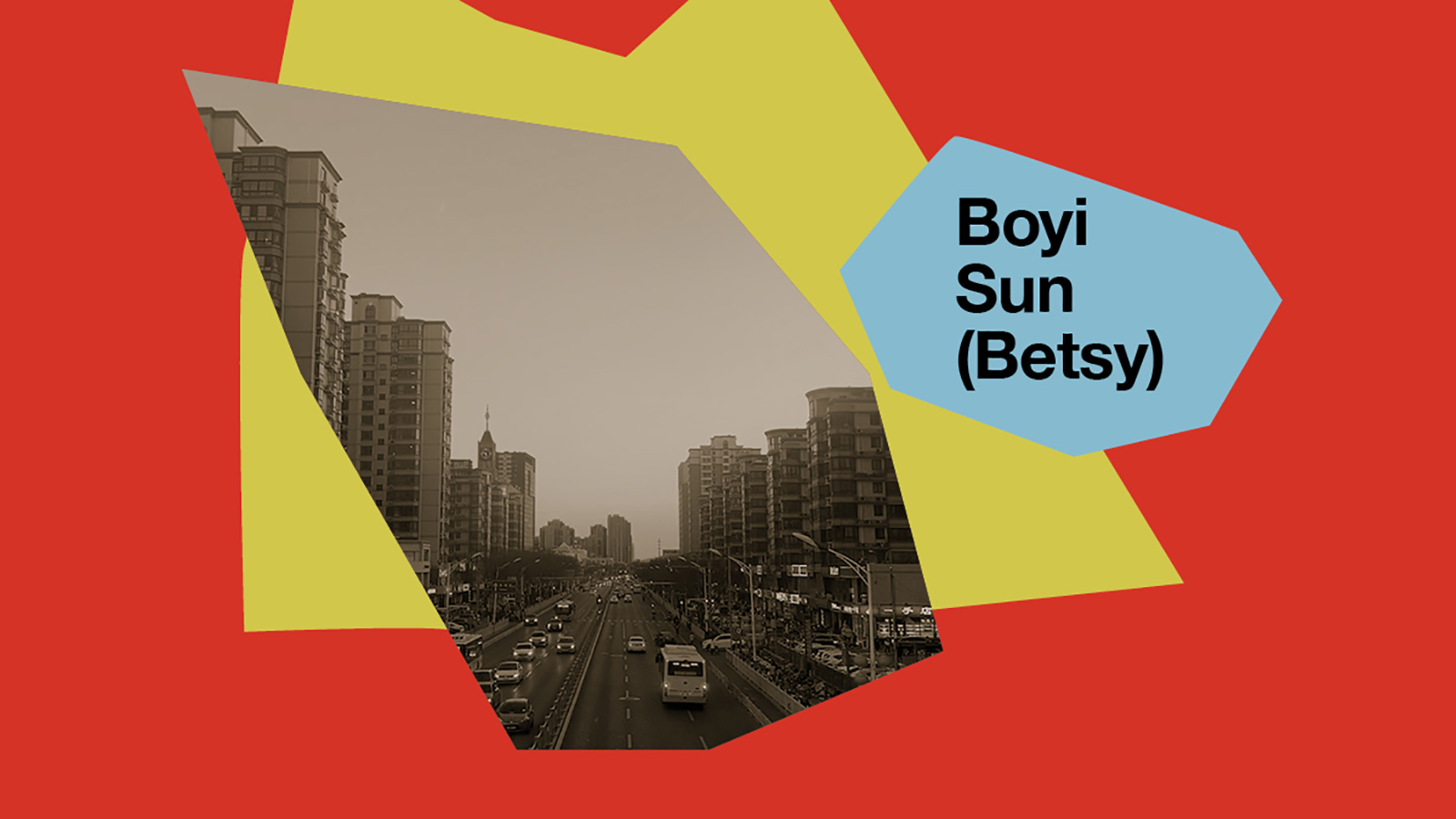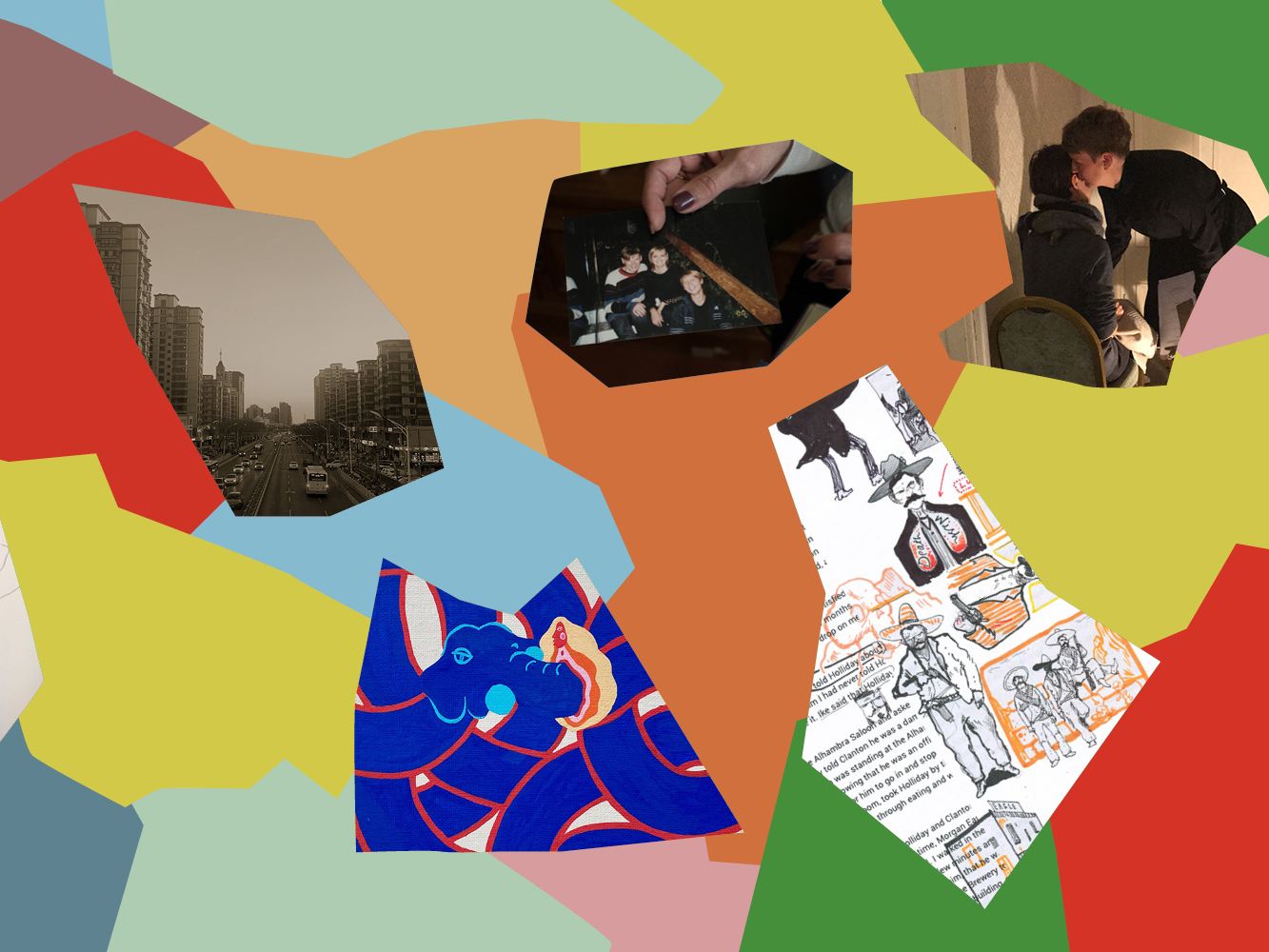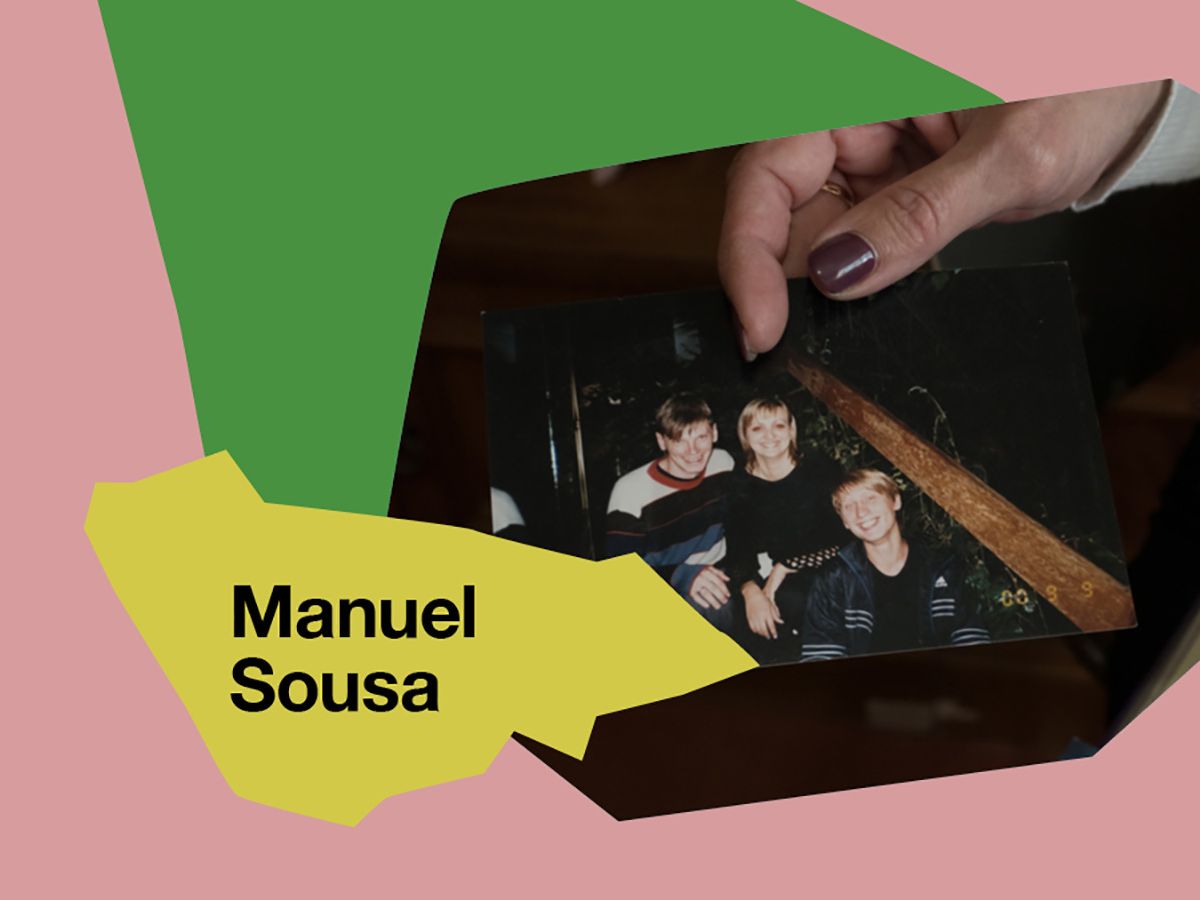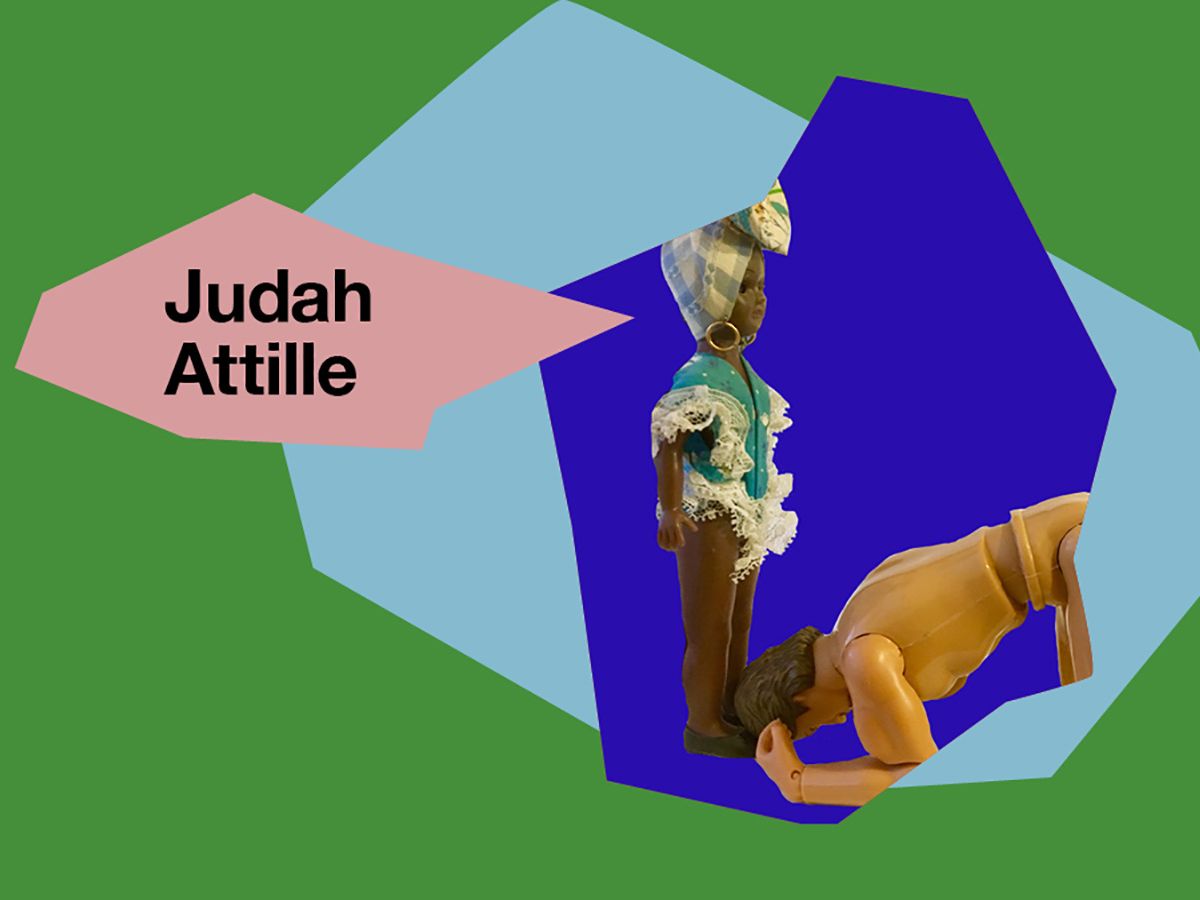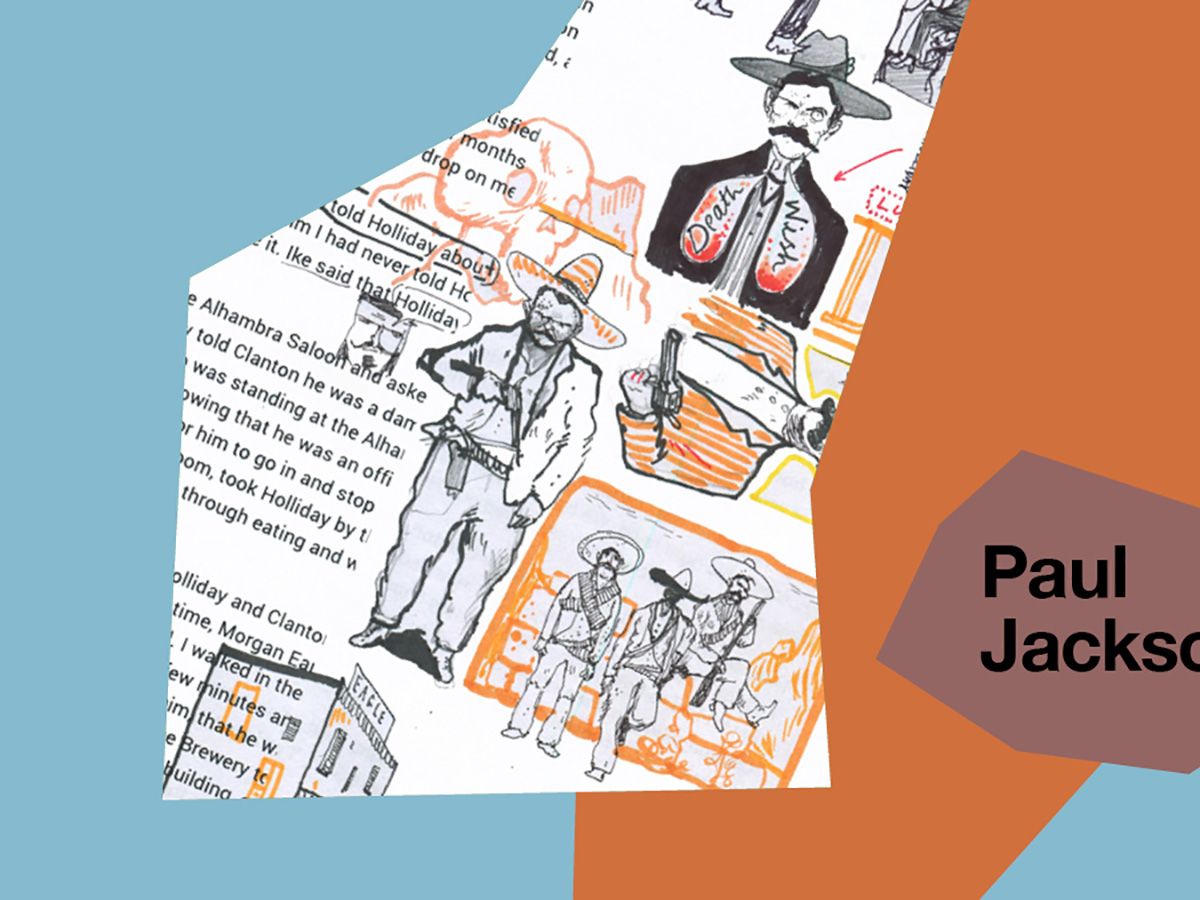At London College of Communication, our research community is home to world-renowned practitioners and theorists who make a vital contribution to our creative culture through a range of activities such as collaborations, partnership projects and doctoral work.
Our second doctoral work-in-progress exhibition, Unfolding Narratives 2, highlights 7 of our PhD students at various stages in their academic journey. Connecting conceptual thinking with practice through explorations of themes such as the body, culture, identity, gender, race, ethics and narrative, this exhibition aims to celebrate the emergence of new and compelling work while inviting wider audience engagement and feedback.
To mark the launch of Unfolding Narratives 2, we caught up with our exhibiting students to explore their practice, current projects, and creative journeys so far.
Boyi Sun (Betsy)
The doctoral work of filmmaker Boyi Sun (Betsy) explores the Chinese concept of 'Gan Jue', which refers to both a way of making sense of the world through the body, and the experience of doing so.
A major influence on traditional art practices, Gan Jue continues to be a key component of Chinese cultural production and critique. However, the challenges of translating its meaning into other languages has impeded its adoption by international creative communities more widely.
Through projects including her own short film, A strange truth hunting, which interrogates portrayals of truth in the media during the Covid-19 pandemic, Boyi's research explores how Gan Jue can be articulated in ways that enrich the broader field of filmmaking and film practice.
We talked to Boyi about ethnographic approaches to feeling, how to express the nuances of a flowing, non-verbal language, and the ways in which she's continued to remain creative and inspired throughout her experience of Lockdown.
A strange truth hunting | Boyi Sun (Betsy)
Have you always had a passion for your field of study, or is it something you gravitated to over time?
I’ve been always enthusiastic about undertaking film practice and research about the ‘ethnographicity’ of feeling. Since the outset of my PhD project, I’ve identified the field I'd like to be involved in, which is the influence of this ethnographicity on film practice. As it became apparent to me that this is a big topic, I spent a period of time spotting a specific gap that I would be able to fill within my limited study period.
Rooted in my own cultural background, I’ve been looking at the reciprocity between film practice and the Chinese-ness of ‘feeling’ – essentially, I’m trying to identify ‘Gan Jue’ through my film practice. I’m also looking for an efficient way to introduce this ineffable concept to the international community.
Is there a central ethos, theme or message within your doctoral project?
This is actually my first project that's exclusively around exploring the existence of Gan Jue in film. Primarily, I'm curious about the extent to which its forms and processes are different from concepts originating from the cultures of other countries - especially Western cultures - such as feeling, sensation, effect and so on.
Gan Jue manifests its specificity in different ways, one of the most prominent of which is the presence of a flowing ‘Qi’-like (‘air-like’), non-verbal language. In my own work, A strange truth hunting, it functions as a way to communicate the nature of ‘fake truth’ prevailing in the international media during the global pandemic. It also guides us to understand what it means to be a particular type of human - a truth hunter - based on this experience; someone who traverses between image and words, thought and feeling.
What inspired your PhD project, and what do you aim to achieve?
My PhD project was inspired by both the idea of ‘cultural sensorium’ proposed by Pink and Highmore and traditional Chinese culture. My practice aims to promote an idea that ‘feeling’ can sometimes facilitate mutual understanding and, therefore, transform humanity on a level deeper than ‘words’.
First of all, I hope to highlight different ways to feel mediated by different global cultures, as well as different compositions of a feeling under the same name: for example, patriotism and ‘Jia Guo Qing Huai’, which could be considered a Chinese version of patriotism.
Furthermore, I intend to contribute to increasing awareness around the influence of these sensory differences on film practice, therefore introducing certain Chinese-specific ‘feelings’ through my own.
Ultimately, I seek to synchronise certain feelings internationally through my practice, and further explore the possibility of them.
What is your creative process like?
It was hard to detect the traits of Gan Jue in my film accurately and quickly based on theories provided by other practitioners, so I chose to just create work which tried to capture a glimpse of the concept.
A strange truth hunting was made as a result of my struggle to decide on the subject of my film during Lockdown. At that time, I knew I had to do a project; however, I wasn't able to go outside without any safety considerations. Just when I was tortured by this mental struggle, the ways in which conspiracy theories were thriving in the media caught my attention.
Witnessing the chaos of the international ‘truth market’ at that time, I made my decision to develop a film which discussed the nature of current 'truth' and 'truth-makers'. I made notes whenever Gan Jue was involved in my practice, and found it to be an exciting creative process.
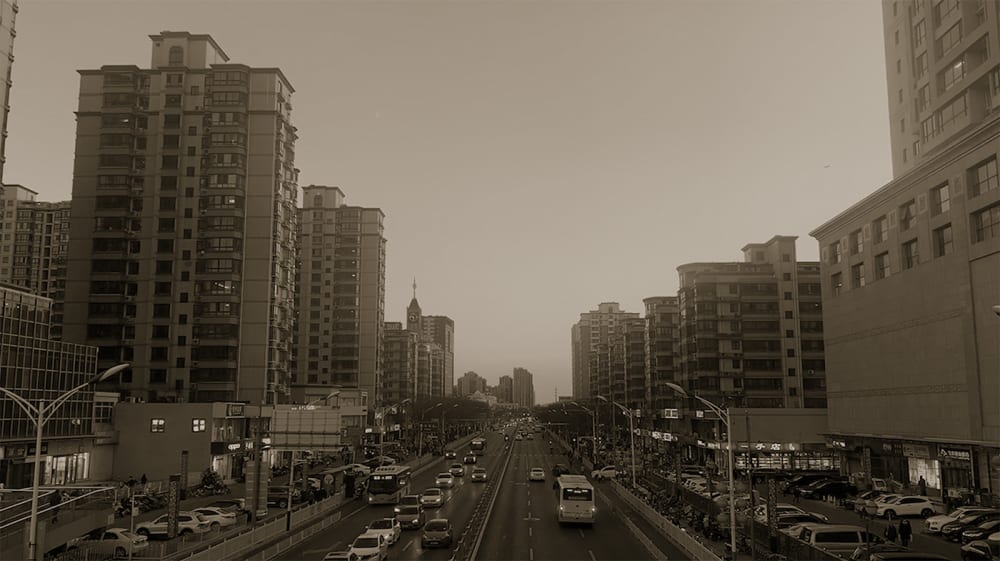
Why did you decide to undertake your PhD at LCC?
LCC has a dynamic academic atmosphere and a wide range of ingenious people.
I also like that UAL is Europe’s largest specialist art and design university, located in London, and led by many teams of award-winning, world-class experts in the field, including practising professionals.
I spent a lot of time and effort searching for research opportunities, and I found that LCC was best-suited to my professional requirements. The College has many academic staff members who specialise in ethnography and artistic filmmaking, which makes it an ideal institution for people like myself who are obsessed with those themes.
What have been the highlights of your PhD experience so far?
I'm gradually finding a way to remove the mist which covers the mysterious differences between ‘feeling’ mentioned by the West and by China through my practice.
I’m also starting to clearly see the presence of Gan Jue in my film practice and works. The next step for me will be to think about how to enable international audiences understand this through ‘feeling’ instead of ‘reading’.
Related links:
- Explore a range of selected doctoral works in Unfolding Narratives 2.
- Find out more about Research at London College of Communication.
